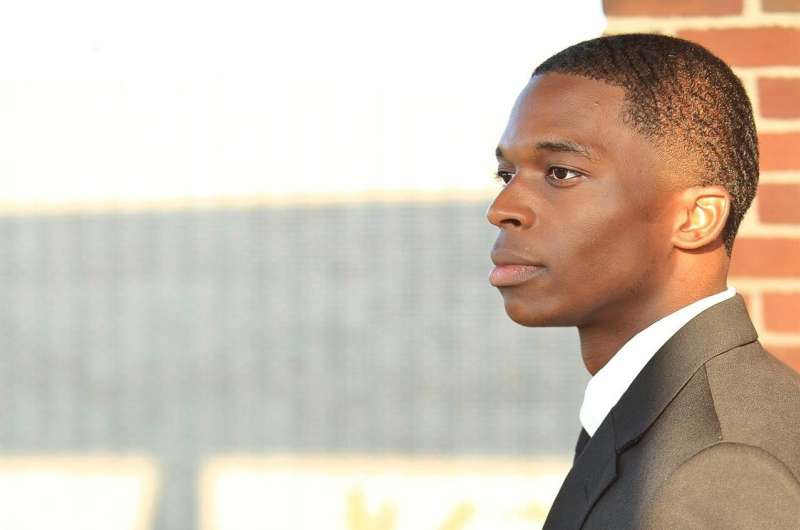Going virtual hurts student career prospects

As in-person scientific meetings and gathering have been replaced by virtual meetings during the pandemic, students and young professionals are seeing career fairs and networking events transition into remote experiences that simply lack the same impact as getting together.
During the 182nd Meeting of the Acoustical Society of America at the Sheraton Denver Downtown Hotel, Ryan Harne, from Penn State University, will discuss how students and professionals can adapt to the virtual environment and increase networking opportunities. His presentation, "Ensuring the kids are alright: Ways to help students network with industry professionals in the age of virtual meetings and career fair disillusionment," will take place May 24, at 4:15 p.m. Eastern U.S.
Many career professionals are also adapting to virtual events and working from home and prefer this over in-person meetings. Students still prefer face-to-face communication and are either uninterested in or unfamiliar with virtual interactions. The result is many networking opportunities are effectively closed to students and young professionals, limiting their ability to enter and thrive in their chosen fields.
"Students are familiar and adept at in-person communication and often do not accept virtual communication as a substitute in professional networking," said Harne. "This trend can be linked to the decline of student participation in professional or society conferences when those meetings go virtual."
Harne suggests the solution for companies looking to hire new talent is to reach students where they are by holding in-person career fairs and networking events on educational campuses. The goal for these organizations is to find new talent, and for students, they can be exposed to a variety of fields, helping them decide their career path, preparing them to enter the workforce, and reducing early career turnover.
This could prove challenging for many organizations that are seeking to transition permanently to a virtual environment. These companies may struggle to hire or retain young professionals who have little exposure to the careers they are beginning to enter.
"While remote or hybrid work environments are a sustainable solution for existing employees, they have the potential to provoke long-term high turnover of new hires who feel less inclined to 'stick with it' when there are lurches in their on-ramping due to the lack of rapport fostered by face-to-face engagement," said Harne.
Provided by Acoustical Society of America




















